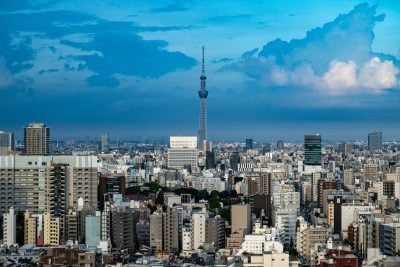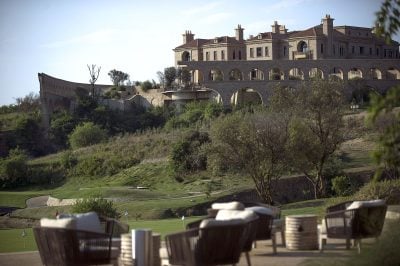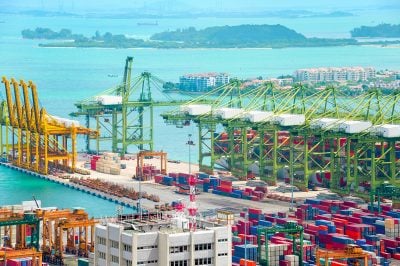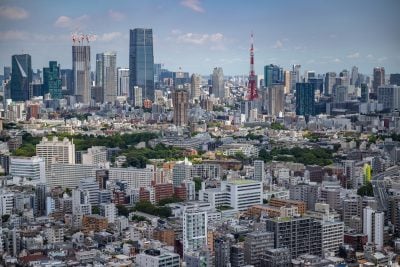William Ruto’s victory in Kenya’s hotly contested presidential election – billed as a battle between “hustlers” and “dynasties” – will herald a new dawn for East Africa’s most stable democracy, assuming the result is upheld by Kenya’s courts.
In an election of contradictions, Ruto, the current deputy president, framed himself as an anti-establishment outsider and his opponent, the veteran opposition leader and five-time candidate Raila Odinga, as a product of the dynasties that have dominated Kenya’s post-independence politics. A wealthy businessman himself, Ruto said he would improve the lot of Kenya’s working class.
The strategy bore fruit in the end. Ruto secured 50.5% while Odinga, who had the backing of the establishment for the first time, won 48.9% of the votes cast. Outgoing president Uhuru Kenyatta, who had selected Ruto to succeed him before a volte-face saw him back Odinga, looks set to hand over to a man he dubbed a thief during the campaign. In an embarrassing development for the outgoing president, Kenyatta’s own Kikuyu supporters – the country’s largest ethnic group – voted overwhelmingly for Ruto.
Odinga contests result
Shortly before the official announcement of the result on 15 August, four of the seven electoral commissioners held a hastily arranged press conference to distance themselves from the result, citing the “opaque” nature of the tallying, and there were chaotic scenes at the national election centre, where chairs were thrown.
Odinga, who at 77 is unlikely to get another stab at the presidency, has rejected the result and vowed to challenge it in court.
However, if the country’s Supreme Court – one of its most trusted institutions – upholds the election, Ruto, 55, who sold chickens to passers-by as a child and attended school barefoot, will assume control of East Africa’s political, economic and diplomatic powerhouse. The implications for the Kenyan people, local and international investors, and the wider region are immense.
“Hustler nation” slogan reflects bottom-up economic model
Ruto will need to unify a deeply divided country and ensure stability amid protests in Odinga’s strongholds in Nairobi and western Kenya. In a magnanimous acceptance speech, Ruto vowed to rule for all Kenyans, fight corruption, boost transparency and tackle the economic challenges the country faces. He had warm words for Odinga and his boss-turned-rival president Kenyatta.
Ruto was born to a family of smallholder farmers in Kenya’s Rift Valley. After a spell as a teacher he entered politics under the stewardship of Daniel arap Moi, Kenya’s ruthless second president, and rose quickly. His business empire today includes real estate, hotels, land and, fittingly, a chicken processing plant. His rise from poverty informed his “hustler nation” campaign, launched after he fell out publicly with Kenyatta in 2018.
Promising a bottom-up economic model, Ruto said he would issue small loans and subsidies to Kenya’s army of casual workers, or hustlers, turning the economy – which many feel serves the wealthy – on its head.
He promised to publish government contracts with China signed during Kenyatta’s infrastructure building spree, which has seen Kenya’s public debt as a proportion of GDP almost double since 2013. This was red meat to his working-class base.
While Odinga promised to restructure Kenya’s debts, Ruto favours fiscal consolidation to pay them down. He also promised to boost agricultural and manufacturing output and tackle corruption. Ironically, in July a court ordered his running mate, Rigathi Gachagua, to repay almost $2m that it deemed to be proceeds of corruption; Ruto and Gachagua have claimed the ruling was politically motivated and Gachagua is appealing against it.
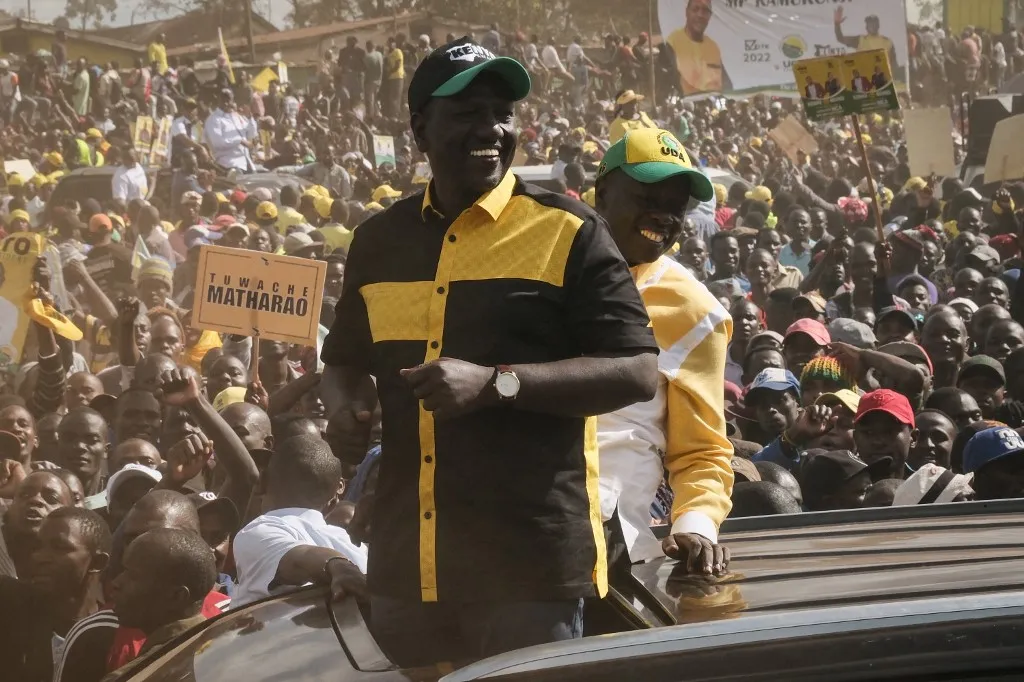
Markets relatively calm
In the days following the result, the markets have adopted a wait-and-see strategy, which will likely endure until Ruto is officially sworn in. In the immediate aftermath of the result, Kenya’s shilling – battered recently by coronavirus and economic headwinds – fell slightly but was largely unaffected. Some are even betting on the shilling strengthening because the mostly peaceful election defied doomsayers.
Indeed, some had raised fears that the escalating rhetoric between Odinga and Ruto at rallies, and a surge in online disinformation, would increase the chances of a repeat of 2007, when 1,200 people died in post-election violence. That butchery saw Ruto and Kenyatta probed by the International Criminal Court, but the cases were eventually dropped.
The day after election day, which passed without incident, the Kenyan stock market reopened with a gain of Ksh31.8bn ($266m), pushing its valuation to Ksh2.26tn ($19bn), the highest since mid-May. Previous disputed and violent elections, including 2007 and 2017, witnessed huge slides. Kenyan government bonds dropped after the chaos surrounding the announcement of the result on 15 August, but they recouped losses the following day as calm slowly returned to the country.
Economic challenges
Ruto is expected to consolidate power in his office, but analysts expect him to maintain a coterie of experienced technocrats and assemble an ethnically diverse cabinet. His supporters say he has an extreme work ethic. Even as a child he was feted for his sharp intellect.
“Now as president, he will need to abide by the values and principles of public service, and the eyes of the country and the world will be upon him,” says Javas Bigambo, a Kenyan political analyst. “He has so much to prove.”
Kenya’s economy, battered by Covid-19, which hit the economically vital agriculture industry extremely hard, has been negatively affected by Russia’s invasion of Ukraine. The East African country is a net importer of fuel, wheat and fertiliser, so the prices of basic commodities have soared, leaving many Kenyans unable to afford them.
Meanwhile, a devastating drought in the north of the country has left 4m Kenyans reliant on food aid. Kenya’s ballooning public debt is another major headache, with repayments due soon.
The country’s population is young and entrepreneurial, with 75% of Kenyans under 30, a marker generally prized by international investors. However, almost 40% of under-35s are unemployed, despite having some of the highest levels of education on the continent.
While Odinga promised to pay KSh6,000 ($50) to poor and vulnerable households in his first 100 days in office, as well as providing free healthcare and education, Ruto will be judged on his ability to get Kenya’s frustrated youth into work, with 800,000 young people joining the job market each year. He has promised to start with a KSh200bn ($1.7bn) injection into the economy.
He will also need to offer a credible financial stabilisation agenda and pursue a good relationship with the International Monetary Fund, experts say, even though he has promised to reign in borrowing. The fund agreed a three-year, $2.3bn package in April 2021, and noted recently that Kenya was on track to meet most of the programme’s objectives.
Ruto would also do well to maintain Kenyatta’s encouraging, if overly optimistic, Big 4 Agenda, a blueprint for 2030 which divides the country’s future development into four pillars: food security, affordable housing, manufacturing and affordable healthcare.
“On the external front, Kenya’s current account deficit is likely to widen to 6.3% of GDP this year on the back of spillovers from the war in Ukraine and stay large in the coming years. Foreign exchange reserves, which stood at $8.8bn in May, provide only a limited buffer,” says Virag Forizs, Africa economist at Capital Economics. “All told, the newly elected president will probably oversee weak GDP growth rates over the coming years as the economy adjusts.”
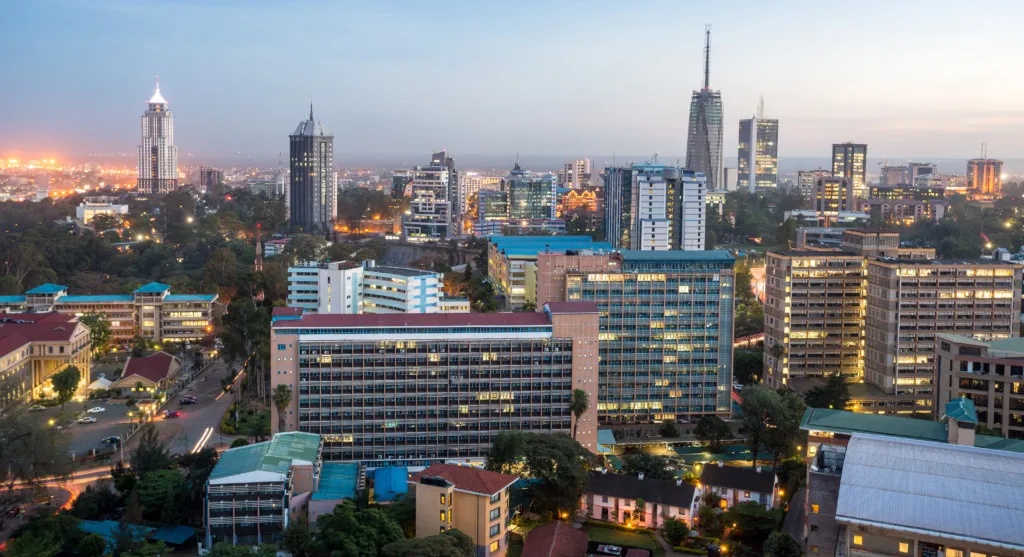
Maintaining Kenya’s leading position
However, if Ruto can take Kenya’s economic woes by the scruff of the neck, he has a wonderful opportunity to guide one of Africa’s most advanced economies forward.
Kenya is a commercial hub for East and Central Africa, with companies such as Visa, Microsoft, Google and Facebook operating out of Nairobi. It also hosts the UN’s African headquarters as well as a large British military training base. Its stocks, bonds and currency are among the most traded by foreign investors on the continent. Kenya’s GDP is expected to grow by 5.5% this year, despite serious headwinds, according to the World Bank.
Kenya’s economic development has made it a leader in other arenas, with Kenyatta adopting the role of regional statesman, mediating in various disputes. His successor faces a complex regional outlook, with conflict in the Democratic Republic of Congo, Somalia and Ethiopia, and democracy broadly in decline across the region. Stability in East Africa would help Kenya continue to grow.
Above all, businesses and investors like stability. So far, the election and its aftermath have proven peaceful, small flare-ups in Odinga strongholds aside.
“While the absence of major election-related violence thus far is encouraging, it could take a turn very quickly, depending on how Messrs Odinga and Kenyatta respond to the final results. The political environment will remain volatile in the days to come,” says Zaynab Mohamed, Kenya analyst for Oxford Economics Africa.
In the Central Bank’s market perception survey for July, three-quarters of all business executives said they were optimistic, compared with just a third in the same survey five years ago, largely on the back of confidence about the low potential for electoral violence this time around.
If Ruto is to maintain Kenya’s reputation as an economic powerhouse and retain the large businesses that have made Nairobi their East African hub, he will have to calm tensions where necessary and be a steady hand on the tiller.
Want to continue reading? Subscribe today.
You've read all your free articles for this month! Subscribe now to enjoy full access to our content.
Digital Monthly
£8.00 / month
Receive full unlimited access to our articles, opinions, podcasts and more.
Digital Yearly
£70.00 / year
Our best value offer - save £26 and gain access to all of our digital content for an entire year!
 Sign in with Google
Sign in with Google 
